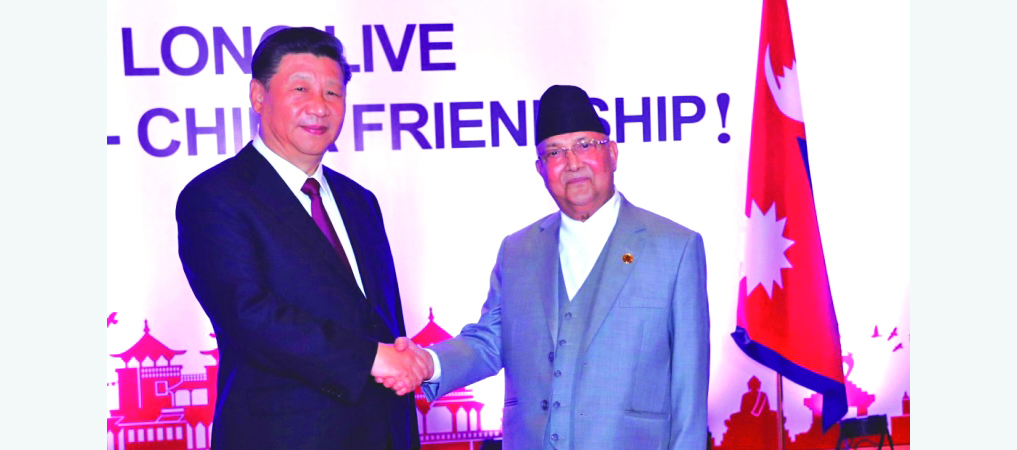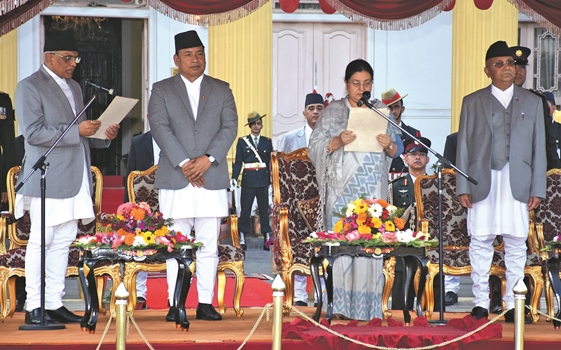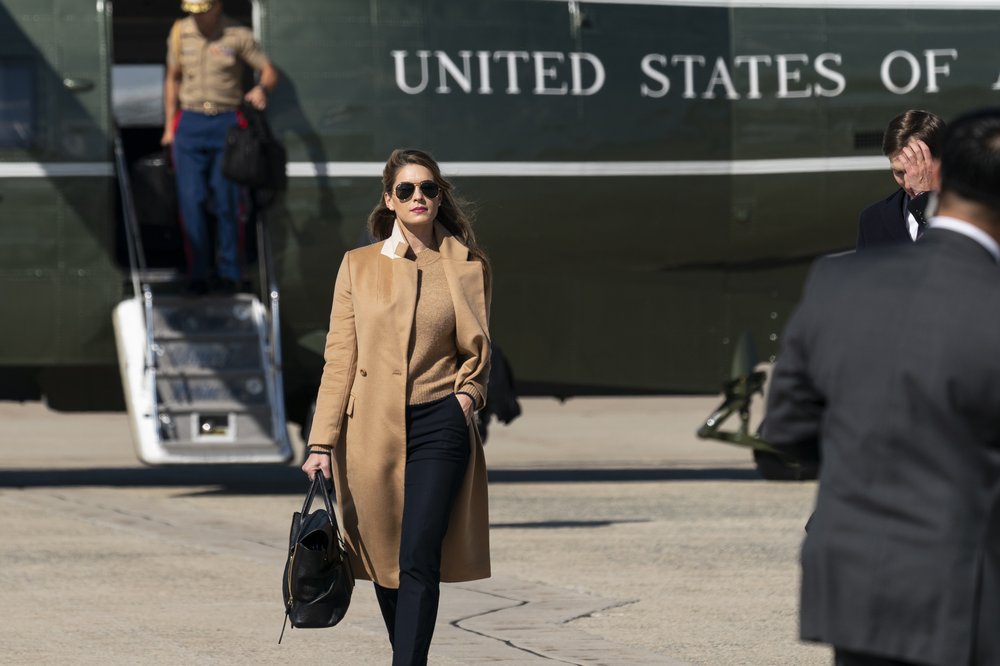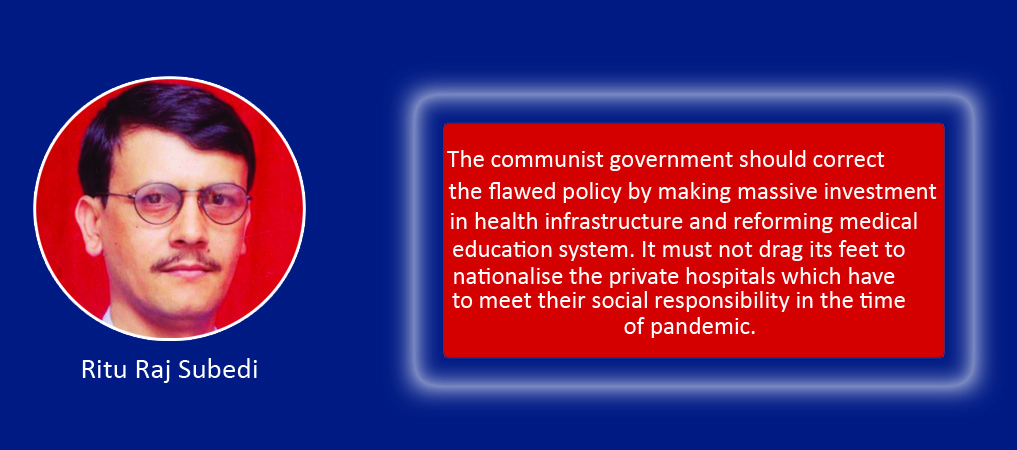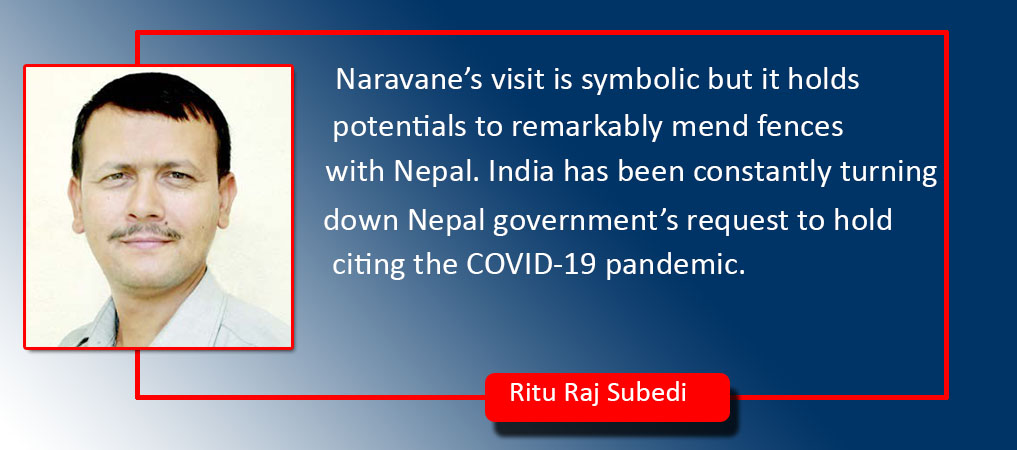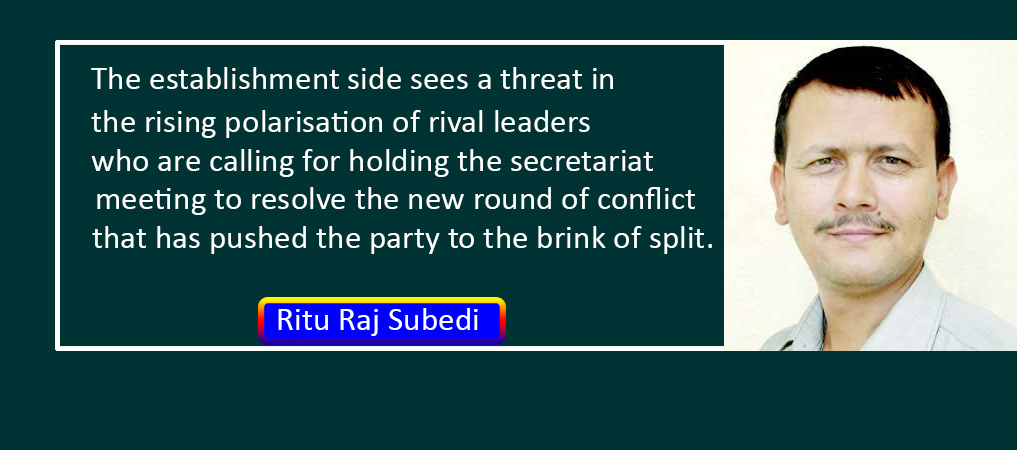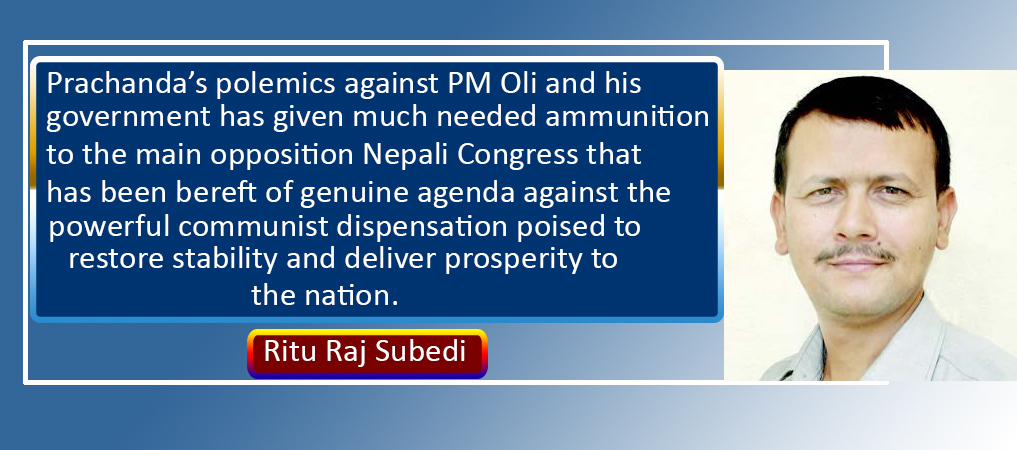Interpretative Declaration
Assists Alliance To Ride The Storm

The five-party coalition government has ridden out the storm after the House of Representatives (HoR) endorsed $500 million US Millennium Challenge Corporation (MCC) grant with the 12-point interpretative declaration. The dispute over the MCC Nepal Compact has threatened to end the unity of the alliance’s partners but the adoption of resolution proved to be a win-win situation for them. It created a middle path, enabling them to avoid the imminent political crisis and accept the MCC grant although some stalwarts within the coalition parties harbour strong reservation about it.
Moreover, the coalition government has heaved a sigh of relief after the US has indirectly acknowledged the interpretative declaration that has become the part of the MCC deal. The interpretative declaration has also served as an antidote to the potential geopolitical fallouts. It clearly states that Nepal shall not be a part of any US strategic, military or security alliance including the Indo-Pacific Strategy. The MCC Nepal Compact does not undermine Nepal’s sovereignty, right to self-determination, domestic law, constitution and intellectual property right, among others, it states.
Validity
Some critics have said that the interpretative declaration was merely a face-saving for some ruling partners but experts on international laws insist that it carries weight as much as the MCC accord signed between Nepal and the USA in 2017. Some leaders and lawyers were working hard to find a solution acceptable to ruling and opposition parties. They finally came up with the idea of interpretative declaration to end the MCC deadlock that divided the populace. In his press meet held after the ratification of MCC accord, CPN-Maoist Centre chairman Pushpa Kamal Dahal Prachanda disclosed that Dr. Surya P. Subedi, professor of international law, convinced him to endorse the MCC Nepal Compact with the interpretative declaration. Dr. Subedi wrote him a confidential letter, including a 10-point draft of interpretative declaration that impelled Prachanda to make a U-turn on the Compact.
Dr. Subedi has claimed that the interpretative declaration is consistent with the provision of the Vienna Convention on the Law of Treaties of 1969 and might alleviate the concerns raised by some politicians and civil society representatives. According to the UN’s International Law Commission (ILC), an ‘interpretative declaration means a unilateral statement, however phrased or named, made by a State or an international organisation, whereby that State or that organisation purports to specify or clarify the meaning or scope of a treaty or of certain of its provisions.”
The ILC states “interpretations resulting from an interpretative declaration made in respect of a bilateral treaty by a State or an international organisation party to the treaty and accepted by the other party constitutes an authentic interpretation of that treaty.” In his letter, Dr. Subedi says: “If Nepal’s interpretative declaration is not contested by the US, it should be seen as having tacitly been accepted.” The US has not made any remark against the resolution but acknowledged the endorsement of MCC from the parliament.
Article 31 (1) of the Vienna Convention on the Law of Treaties, states that ‘(a) treaty shall be interpreted in good faith in accordance with the ordinary meaning to be given to the terms of the treaty in their context and in the light of its object and purpose,’ and Article 31 (2) of the Convention provides that ‘the context for the purpose of the interpretation of a treaty shall comprise, in addition to the text, including its preamble and annexes… b) any instrument which was made by one or more parties in connection with the conclusion of the treaty and accepted by the other parties as an instrument related to the treaty.’
“On account of these two provisions in the Vienna Convention, the interpretative declaration is regarded as a legal and useful tool to address situations such as the one we have witnessed in Nepal. Many other states have used this tool in relation to some treaties that they have signed,” he argues, adding that if the MCC project does not develop as desired, Nepal can always invoke the well-established international law principle of Permanent Sovereignty of States over their natural resources and wealth to assert its rights, as well as the principles of sovereign equality under the Charter of UN, pacta sunt servanda and good faith, and the principle of economic self-determination of States under international law.
Nonalignment policy
Section 6.4 of the MCC agreement itself makes it clear that it ‘is an international agreement and as such will be governed by the principles of international law'. Dr Subedi has also suggested reviving the proposal introduced by the late king Birendra to declare Nepal a Zone of Peace to assert its freedom of action and its policy of non-alignment. The US was one of the signatories of the proposal.
Nepali Congress general secretary Gagan Thapa, international law expert Govinda Bandi and CPN-Maoist Centre leader Shakti Basnet had also worked out an interpretative declaration to bring the coalition partners on board. Thapa had claimed that he had been pushing the concept of interpretative declaration months back but the top leadership paid heed to it only at the last moment. The Maoist Centre and CPN-Unified Socialist have described the interpretative declaration as a big achievement. For NC and Prime Minister Sher Bahadur Deuba, the ratification of MCC was an improbable political feat that foiled the design of the main opposition CPN-UML to break the coalition government using the foreign grant as the bargaining chip.
(Subedi is deputy executive editor of The Rising Nepal.)
Recent News

Do not make expressions casting dout on election: EC
14 Apr, 2022
CM Bhatta says may New Year 2079 BS inspire positive thinking
14 Apr, 2022
Three new cases, 44 recoveries in 24 hours
14 Apr, 2022
689 climbers of 84 teams so far acquire permits for climbing various peaks this spring season
14 Apr, 2022
How the rising cost of living crisis is impacting Nepal
14 Apr, 2022
US military confirms an interstellar meteor collided with Earth
14 Apr, 2022
Valneva Covid vaccine approved for use in UK
14 Apr, 2022
Chair Prachanda highlights need of unity among Maoist, Communist forces
14 Apr, 2022
Ranbir Kapoor and Alia Bhatt: Bollywood toasts star couple on wedding
14 Apr, 2022
President Bhandari confers decorations (Photo Feature)
14 Apr, 2022



